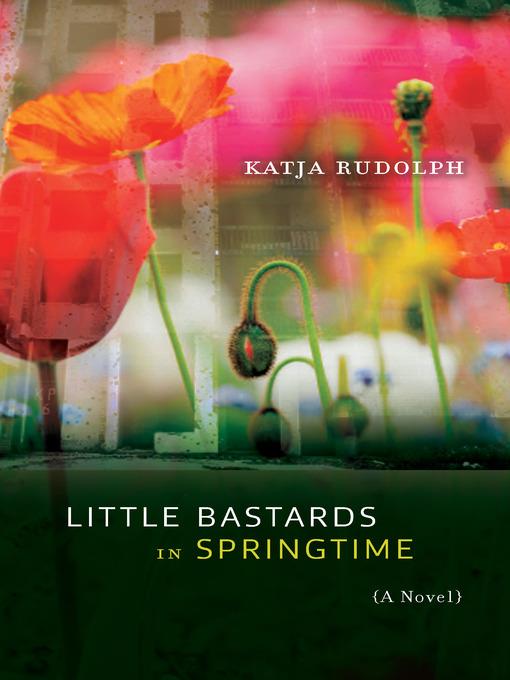
Little Bastards in Springtime
A Novel
- اطلاعات
- نقد و بررسی
- دیدگاه کاربران
نقد و بررسی

May 5, 2014
In this absorbing debut novel that begins in 1992, 11-year-old Sarajevan Jevrem Andric lives through the destruction of both his childhood and his country. His young mind is shaped by the ideals of his intellectual parents and grandmother, Baka, a former World War II partisan. The family's belief that peace will prevail is destroyed as Sarajevo is besieged, and Jevrem's father and brother perish while defending the city. The surviving family members settle as refugees in Toronto where Jevrem spends his time committing acts of theft and violence with his "bastard" gang of fellow refugees. After his grandmother's death, Jevrem is motivatedâsomewhat abruptlyâto honor her idealism through random, unusual acts of kindness. This newfound direction is interrupted by a stint in juvenile detention from which he escapes to embark on a road odyssey that ends far from his Bosnian beginnings. Rudolph's writing is spare and touched by moments of incandescent lyricism. Jevrem's voice is convincing, jumping from cynicism to thoughtfulness. Rudolph skillfully conveys the pain of a wounded young man whose present is constantly assaulted by his past. The possibility of an untroubled future fuels the narrative, and the reader is compelled to witness Jevrem's journey at every point. Agent: Jackie Kaiser, Westwood Creative Artists.

February 15, 2015
A boy survives the 1992 siege of Sarajevo and finds refuge, if not peace, in North America.Jevrem Andric is 11 when his family endures four years of "the longest siege of a capital city in the history of modern war." Depicting their suffering through Jevrem's eyes, Rudolph uses remarkable historical research to craft a deeply affecting psychological portrayal of the cost of war upon one boy, his family and the society they are later thrown into. His mother is Croatian, a pianist; his father is Serb, an activist and journalist. In short time the family goes from protesting in the street and playing concerts to starving in a basement without medicine. Jevrem witnesses rape and sees his friends killed. Half his family, which includes his war-hero Communist grandmother, an older brother, and two younger sisters, dies in the war, a fight among "Muslim paramilitaries, Croatian paramilitaries, the JNA, Serbian police, and irregulars." The dead haunt Jevrem after his escape to Canada, where he gets high and robs people in Toronto with fellow refugees who dub themselves "the Bastards of Yugoslavia" because "it's what the nationalists who took over our country" called children of mixed parentage. Rudolph deeply inhabits Jevrem, a highly intelligent teen with PTSD, modulating the prose subtly as the boy ages, showing great restraint as a stylist in order to let the effects of war drive each scene. After a brutal stint in juvenile detention, Jevrem finds himself once again in an idealistic family placing hope in revolution, ending a story sure to make readers tremble at the cost of war paid by children "scattered across the world, figuring things out, finding stuff to do, forgetting and remembering, trying to get by." A first-rate novel about the horrors of nationalism, as moving as it is instructive in its historical import.

February 15, 2015
At 11, Jevrem Andric, son of a Serbian father and a Croatian mother, becomes collateral damage of war in Sarajevo in the 1990s as a survivor. As attacks come closer to his home, Jevrem's father and older brother are killed in the fight, and one of his younger twin sisters fades away. At 16, with his nuclear family reduced by half, Jevrem is relocated to Toronto, where he and four other teens from his homeland form the Bastards of Yugoslavia, a group that robs, vandalizes, and terrorizes those they consider more affluent. His beloved maternal grandmother, who regales him with tales of her history as a partisan fighter in the 1940s, exhorts him, Why don't you do some good for once, advice he finally takes before being sent to juvenile detention. Rudolph's debut, part coming-of-age story and part antiwar statement, would be more effective with less moralizing, such as that about international players' responsibility for the Bosnian conflict. Still, this is a heartfelt novel, best in such low-key summations as, near the end, War is a criminal failure of fathering, plain and simple. (Reprinted with permission of Booklist, copyright 2015, American Library Association.)




دیدگاه کاربران